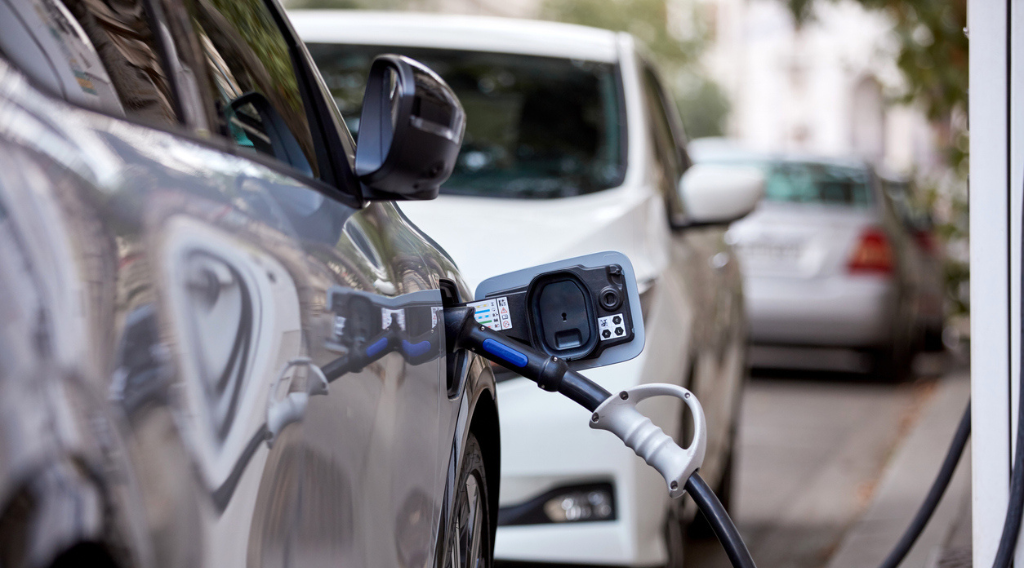
Community solar programs are gaining increasing interest from electric utility customers across the nation. Unlike individual solar photovoltaic (PV) systems, community shared solar systems, also known as Solar Gardens, create an opportunity for multiple individuals and organizations to receive the benefit of a larger solar installation without requiring it to be located on-site. For local government entities, these benefits include supporting clean energy and its positive local economic impacts, saving on energy bills for public facilities, and hedging against the future price volatility of electricity.
A new report released by the Clean Energy Resource Teams, a partnership of four organizations including the Great Plains Institute that supports community-based clean energy projects in Minnesota, highlights the unique ability for community solar projects to facilitate collaborative action. The report documents one of the first applications of collaborative procurement to solar gardens, under a project called the “Governmental Solar Garden Subscriber Collaborative,” which brought together 31 local governments in Minnesota under a single procurement process to seek solar garden subscriptions for public facilities.
While collaborative solar procurement has been well-documented as an effective way for local governments to procure individually-owned solar PV systems at reduced costs, the approach has not been widely adopted for procuring community solar subscriptions.
The report details:
- the project’s formation
- the process for collaboration
- an evaluation of the financial opportunities presented to participants
- key results
- lessons learned for other seeking to use a similar approach to scaling up adoption of solar among local governments
By working together, the project participants sought to gain an economy of scale in the solicitation process that could help to attract developers, reduce the administrative burden to vet those developers, and yield better pricing and subscription terms.
Click here to download the report
Operated by the Great Plains Institute, Metro CERT is one of seven regions that comprise Minnesota’s Clean Energy Resource Teams (CERTs) — a partnership of four organizations working together to connect individuals and their communities to the resources they need to identify and implement community-based clean energy projects.


